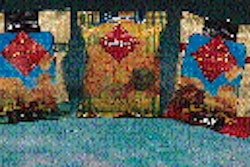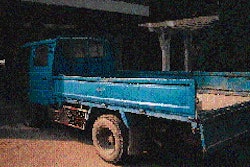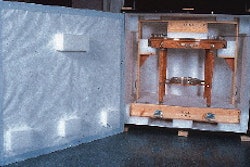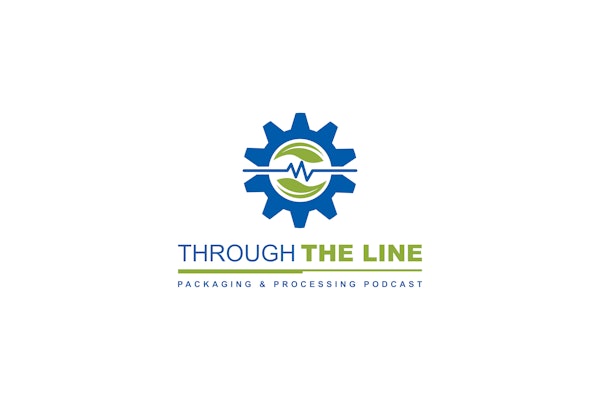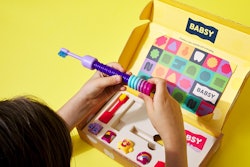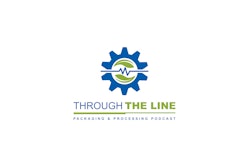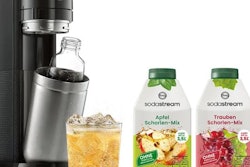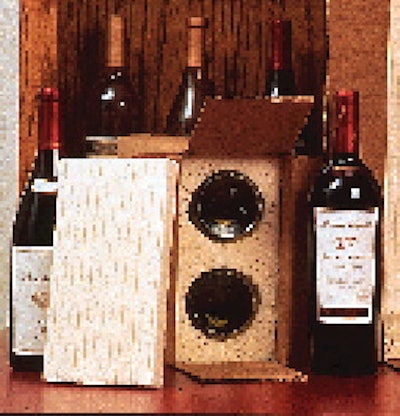
The winery is Beaulieu Vineyard of Rutherford, CA, and the Eco-Foam cornstarch technology comes from American Excelsior (Arlington, TX). It produces water-soluble protective sheet packaging that can be disposed of by composting, rinsing with warm water or leaving outside for the rain to wash away. Beaulieu is believed to be the first winery to use the Eco-Foam sheets. "This is a worthwhile investment on our part because of the environmental issues involved," says Beaulieu purchasing manager Jenel Hagemann. "We are using a material that is a renewable resource, it can be returned safely to the environment, and its use avoids the inconvenience of trying to recycle plastic materials." Before the Eco-Foam material was brought into play, Beaulieu used expanded polystyrene planks that were molded to fit the two 750-mL bottles. Workers erected a corrugated shipper, loaded the two bottles into the EPS, and then inserted the EPS-encased bottles into the shipper before taping it closed. Now some of that labor is performed by the Fremont, CA, branch of American Excelsior. First an Eco-Foam block is bored out to fit the bottles. It's inserted into a shipper and an end cap of the same material is inserted as well. All Beaulieu has to do is remove the end cap, insert the bottles, replace the end cap, and seal the box with tape. The Eco-Foam material is "a little more expensive" than EPS, says American Excelsior. But the net upcharge to Beaulieu is minimal because compared to the days when EPS foam was used, less assembly labor is required by the winery. The winery has been using the shapes on a trial basis for two-packs of 750-mL bottles. Other bottle sizes are being evaluated.



